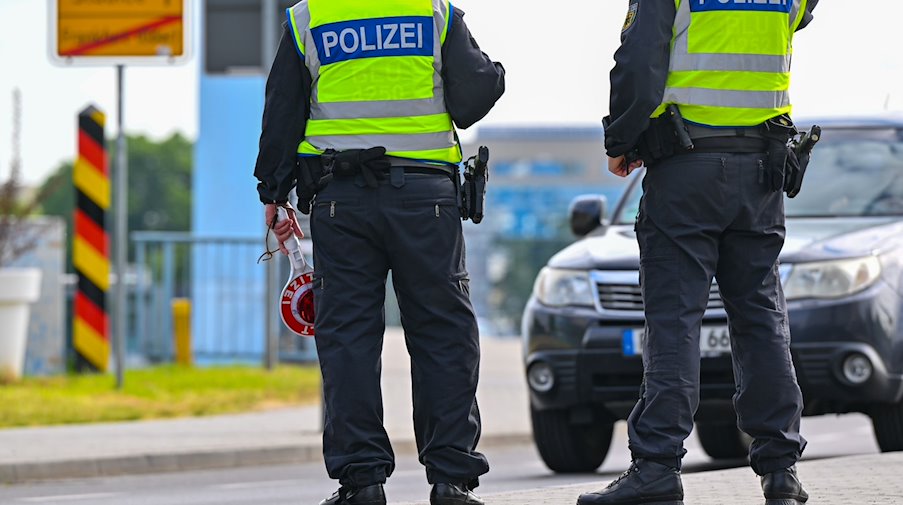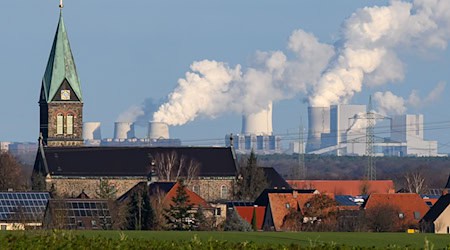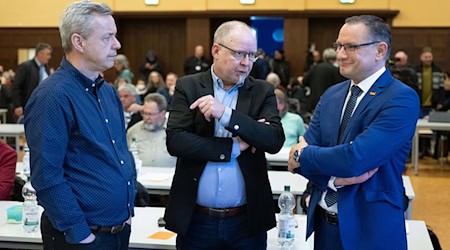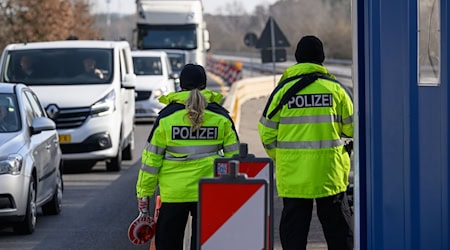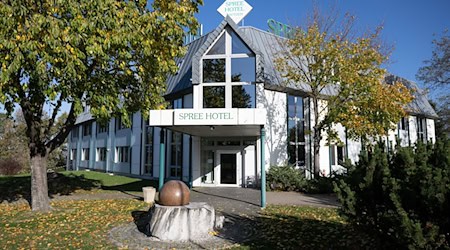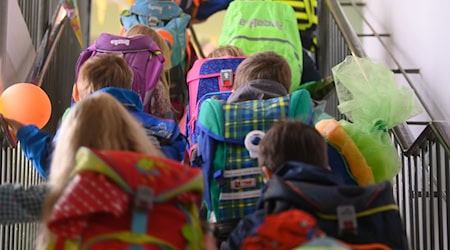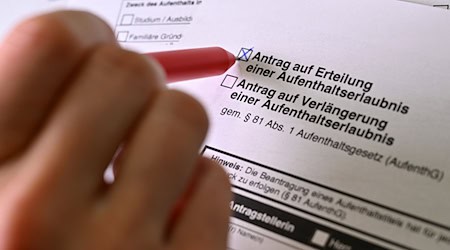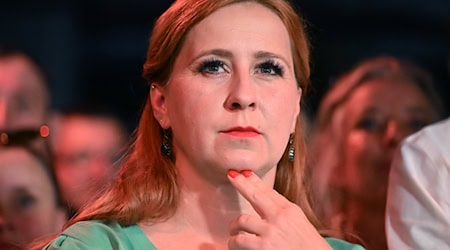Saxon and Bavarian chambers of commerce and industry (IHK) have warned the federal authorities of the consequences of the discussed stationary border controls at the border to Poland and the Czech Republic. From the point of view of the IHK Dresden stationary controls could lead to considerable restrictions in cross-border delivery and commuter traffic.
"Of course, smugglers must be put the craft and illegal migration be curbed," said the deputy chief executive of the IHK Dresden, Thomas Ott, on Monday. But this should not be done on the backs of commuters and the economy, he added. "Waiting times at the borders because of stationary border controls cost time and money and make Saxony less attractive for skilled workers from the Czech Republic - the state with the lowest unemployment rate in the EU." Reinforced mobile border controls would be more effective in his opinion.
According to the Chamber of Industry and Commerce, around 48,500 people from the Czech Republic are employed in the Saxon and Bavarian border region subject to social insurance contributions. The majority of these commute daily across the border. In addition, many of the companies have branches in the Czech Republic or are closely networked with suppliers there. According to the IHK, the effects of stationary border controls would extend far beyond the border region.
The number of refugees has increased significantly this year. Federal Interior Minister Nancy Faeser (SPD) had presented plans for increased flexible controls at the borders with the Czech Republic and Poland. Stationary border controls, which must be requested from the EU Commission, she did not categorically rule out in the future.
Copyright 2023, dpa (www.dpa.de). All rights reserved
.
